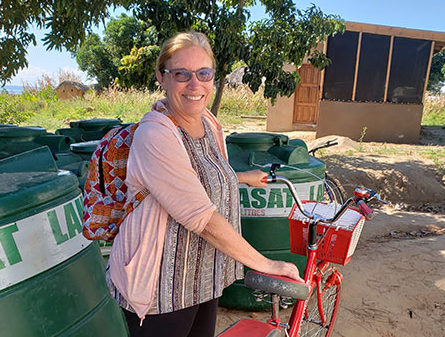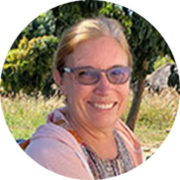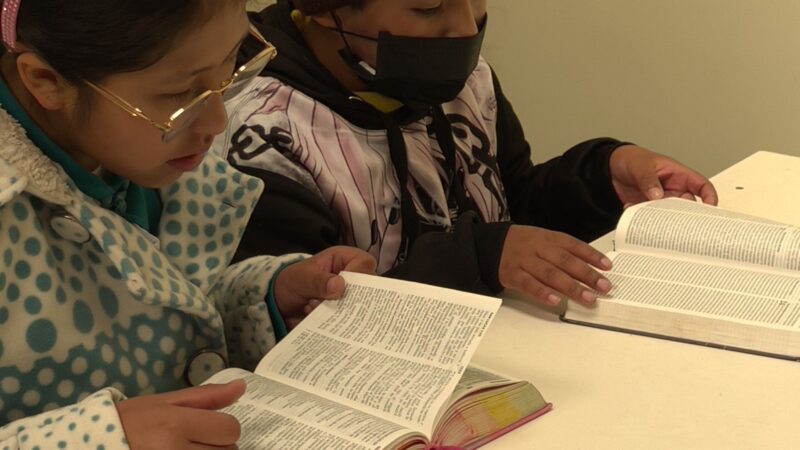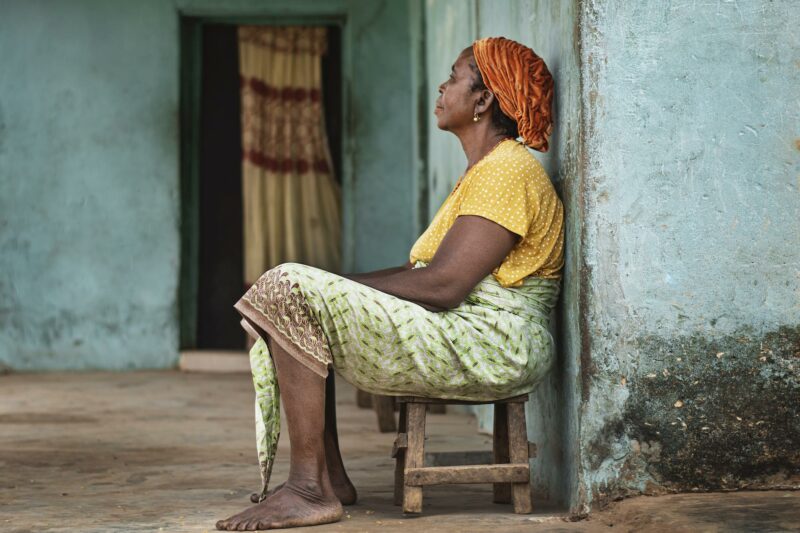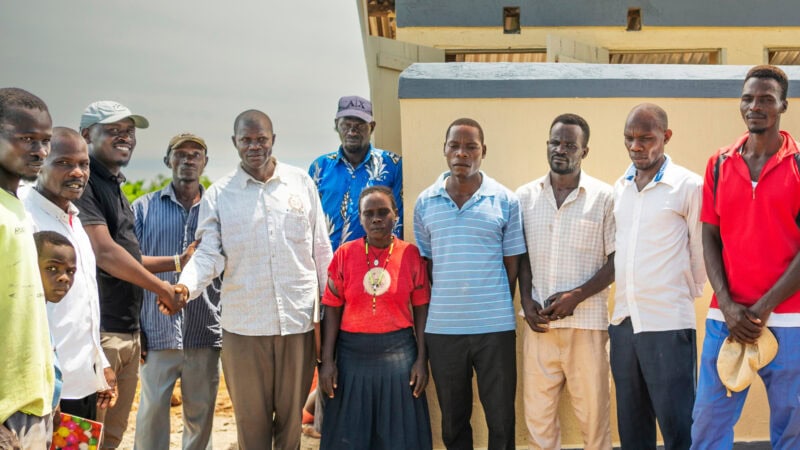Never in my wildest dreams did I think I would ever travel to Africa. Africa wasn’t on my radar. It wasn’t even on my bucket list. So how did I end up in Africa, not just once, but three times since 2016?I have fallen in love…with Africa. A heart filled not by me but by God.
It all began with a road trip with my daughter, Jennifer, and two country directors from Bright Hope that were going to an event in Ohio. Jennifer had given me a call and asked me if I would like to ride along. I was very curious about Jennifer’s role at Bright Hope and I thought it would be a great opportunity to spend time with my first-born. Jennifer also said one of the directors wanted to discuss education. She had mentioned to him that I was an educator. Literacy and education are two of my passions that I LOVE to talk about.So, of course, my response was, “Yes, I’ll go!”
Soon after that phone call, I found myself riding along with Jennifer; Mark, the director from Zambia; and Dotun, the director from Kenya. Both Mark and Dotun shared the educational challenges that both their countries were experiencing.
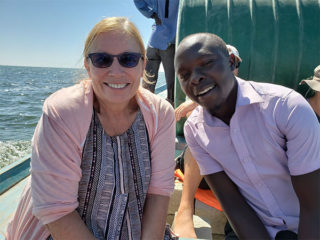
One of the big educational challenges in both countries is testing. Sound familiar? Many children in Zambia and Kenya do not pass their Grade 7 and 9 exams. Students cannot continue their secondary education (Grades 8 -12) unless they pass these exams. In Zambia, even though English is the national language (since 1964), almost all Zambians speak their native tongue as their first language. Did you know there are over 70 different languages or dialects in Zambia? In most Zambian schools, English is not taught until Grade 5. It is difficult to pass an academic test in English if you have had only 2 – 4 years of English instruction. Very limited resources, limited number of teachers, underfunded schools, poverty, and overpopulated classrooms compound educational challenges. Some other educational challenges were motivating and engaging students, getting families engaged in their local schools, literacy, effective instruction, teacher training, etc. I had to smile as we reflected on these challenges.Most of these challenges are the same challenges that teachers around the world talk about daily.
I went home hoping our conversations had gained the directors an insight or an idea on the educational challenges.Not another thought of Africa, though, on my part after the road trip…until another phone call from Jennifer. “Mom, I think you should go over there!” she said. My initial response was, “No, I don’t think so.”Too scary was what I was thinking. Snakes. Insects. Never have flown across the Atlantic. Travel by myself? But God has a way of nudging us. There were nudgings from my daughter also– Christmas gifts of insect repellent and electrical converters and more phone calls. As I prayed about it, I felt God wanted me to go to Zambia.
Several months later I found myself in Zambia being hosted by Mark and his wife, Carmen. On that first trip, I was able to observe in classrooms, talk with families and teachers about education, and help set-up a library in Kasuba. I also had the wonderful opportunity being hosted by Dotun to visit schools in Mathare Valley in Nairobi, Kenya. Then it was homeward bound.
When I returned home, Africa would not leave my heart. I even sent an email to Mark asking, “Is this normal? I feel like I have Africa under my skin.” I wondered when I could go back. After praying for direction, I learned that Mbabala Island’s churches were partnering with Bright Hope to build three preschools (kindergartens). More prayers and a plan were set in motion for a longer return visit.
Again I found myself in Zambia. One beautiful preschool (the building is in the shape of a cross) was near completion and almost ready for students. The preschools on Mbabala Island will be different from other Zambian schools. Class sizes in Zambia can be very large. It is not unusual for a classroom to have 60 – 80 students in a small room with one blackboard, a few books, and one teacher. The preschools will have smaller class sizes, more teachers, larger rooms that have designated spaces for learning stations, small group instruction, arts and crafts, a library, and whole group instruction. Desks will not be in rows but tables will be arranged for collaboration and learning.
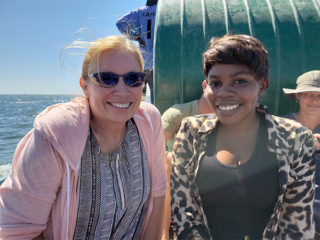
For almost two months, I worked together with volunteer teachers and a certified teacher for three or four days a week on Mbabala Island. Our big focus was to move away from the traditional way of teaching in Zambia – rote learning.
Volunteer teachers were exposed to different teaching methods, using different resources for learning, learning stations, classroom management strategies, developing a culture of literacy, teaching in English and Bemba, and developing collaboration skills. One of the best affirmations about training was this comment from one of the teachers,“I wish I could have gone to preschool. This is so much fun. Kids won’t want to run away from school.”
What an honor to work this group of volunteer teachers that are going to impact their community in ways not even imagined yet.What a blessing to have new friendships formed during my time in Zambia. Education is a noble profession because I believe education empowers people. Educators lay the foundation for the future of individuals, families, and communities.
God nudges each of us to all kinds of ministry in all kinds of places in all kinds of ways. It may be right at our doorstep or way beyond. It might be giving financial resources to support a ministry, it might be time, and it might be traveling…God can have surprises for us that we didn’t imagine. All I know is that I have been given an unexpected love that is not of myself for a place that was mostly unknown to me.

